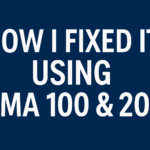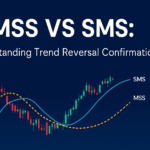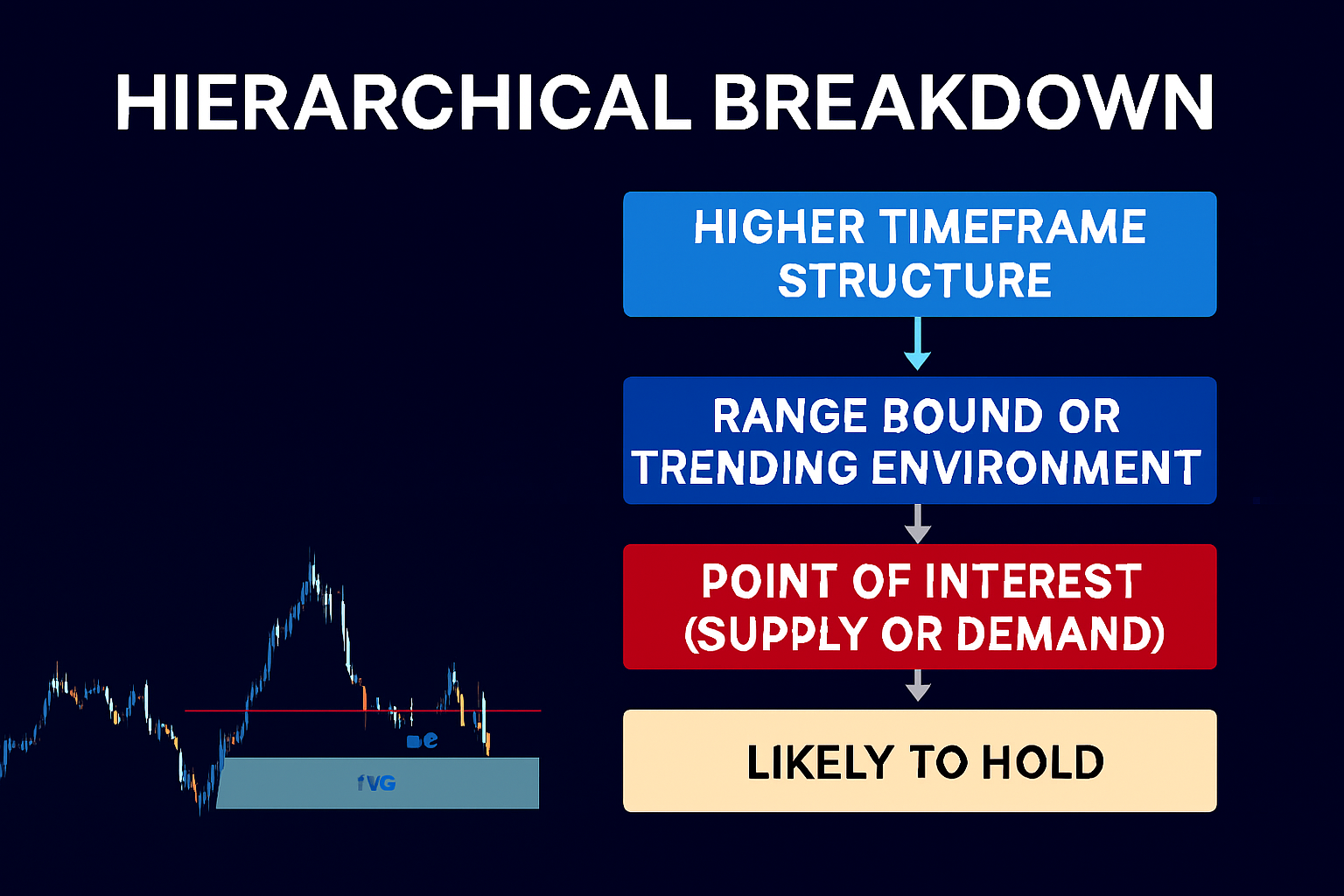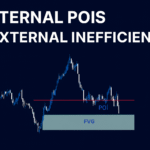Affiliate marketing offers a lucrative avenue for earning passive income. However, choosing the right affiliate programs is crucial for maximizing returns. Low commission affiliate programs might seem tempting due to their accessibility, but they come with hidden dangers that can undermine your efforts. Here’s a look at the potential pitfalls of low commission affiliate programs and why they might not be as beneficial as they appear.
>> Here’s the Proven Way to Make $100-$200 Daily with 0 Investment – Watch This FREE Video and Start Now >>

1. Lower Earnings Potential (Affiliate Programs)
One of the most apparent drawbacks of low commission affiliate programs is the limited earning potential. When commissions are low, it requires significantly higher sales volumes to generate substantial income. This can be discouraging and lead to less motivation, as the effort to achieve meaningful earnings may seem disproportionate to the rewards.
2. Increased Effort for Minimal Returns
To make a reasonable income from low commission programs, you often need to invest more time and effort in marketing and promotion. This can mean spending more on advertising, creating additional content, or engaging with your audience more intensively. The return on this extra effort might not always justify the investment, making it harder to achieve a profitable balance.
3. Risk of Lower-Quality Products
Low commission rates can sometimes be associated with lower-quality products or services. Affiliates may be drawn to these programs due to the ease of access, but the products might not have strong market demand or could have poor reviews. Promoting subpar products can damage your credibility and affect your reputation, ultimately leading to decreased trust from your audience.
4. Difficulty in Achieving Scale (Affiliate Programs)
Scaling up with low commission programs can be challenging. As your earnings are capped by the commission rates, scaling efforts often require proportionately more work and resources. This can make it difficult to grow your affiliate business in a sustainable way. Higher commissions typically offer better incentives for scaling and can be more motivating for both you and your potential customers.
5. Inadequate Support and Resources
Many low commission programs may not provide adequate support or resources to their affiliates. This includes a lack of promotional materials, limited access to training, or minimal support from affiliate managers. Without proper resources, it becomes harder to effectively market the products and maximize your earning potential, leaving you with a steeper learning curve and potentially slower progress.
6. Complicated Payout Structures (Affiliate Programs)
Low commission programs often come with complex payout structures or minimum payout thresholds that can be difficult to reach. These complexities can delay your earnings and increase administrative overhead. For example, some programs may have high payout minimums or convoluted commission structures that make it harder to track and receive your earnings on time.
7. High Competition and Low Conversion Rates
Low commission programs often attract a large number of affiliates due to their low entry barriers. This can lead to intense competition and lower conversion rates, as many affiliates are promoting the same products. With so many marketers vying for attention, it becomes increasingly difficult to stand out and convert potential customers, resulting in diminished returns.
>> Here’s the Proven Way to Make $100-$200 Daily with 0 Investment – Watch This FREE Video and Start Now >>
Lower Earnings Potential (Affiliate Programs)
In affiliate marketing, earning potential is a crucial factor for long-term success. Low commission rates can significantly impact your income. Here’s why lower earnings potential should be a major consideration:
- Proportional Earnings: Low commissions require higher sales volumes to achieve substantial earnings, making it harder to reach financial goals.
- Effort vs. Reward: The effort invested in promoting products with low commissions often doesn’t justify the returns, leading to inefficiencies in your marketing strategy.
- Lower Motivation: Minimal earnings can decrease motivation and enthusiasm, potentially affecting the quality of your promotional efforts.
- Revenue Scaling: Increasing revenue with low commissions involves disproportionate effort and resources, making scaling more challenging.
- Opportunity Cost: Time spent on low-commission programs could be better invested in higher-paying opportunities, maximizing your earning potential.
- Sustainable Income: Relying on low commissions may not provide a sustainable income, affecting long-term financial stability.
Low commission rates can hinder your earnings and overall affiliate marketing success. Focusing on programs with better commission structures can lead to more rewarding and sustainable results.
Increased Effort for Minimal Returns
In affiliate marketing, low commission programs can demand more effort while offering minimal returns. Understanding this dynamic is crucial for optimizing your strategy. Here’s why increased effort for minimal returns can be problematic:
- High Workload: Promoting products with low commissions often requires more extensive marketing efforts, such as frequent content creation and intense promotional activities.
- Cost vs. Benefit: Investing in advertising and other promotional strategies for low-commission products might not generate proportional returns, leading to inefficient use of resources.
- Time Investment: More time spent on low-commission products means less time for high-commission opportunities that could offer better returns.
- Diminished Results: The energy expended might not result in significant sales or revenue, affecting overall profitability.
- Reduced ROI: Lower returns can make it challenging to achieve a positive return on investment, impacting long-term financial goals.
The mismatch between effort and returns in low-commission programs can hinder your affiliate marketing success. Prioritizing higher-commission opportunities can lead to more effective and profitable outcomes.
Risk of Lower-Quality Products
Affiliate marketing thrives on promoting valuable products. However, low commission programs often come with the risk of endorsing lower-quality products. Here’s why this can be problematic:
- Credibility Damage: Promoting inferior products can harm your reputation, reducing trust and credibility with your audience.
- Customer Dissatisfaction: Low-quality products can lead to negative reviews and dissatisfaction among customers, impacting your affiliate success.
- Lower Conversion Rates: Products that don’t meet quality standards are less likely to convert, affecting your overall earnings.
- Higher Refund Rates: Poor product quality often results in higher refund rates, reducing your commission earnings.
- Increased Returns Handling: Managing returns and customer complaints can be time-consuming and detract from your focus on effective marketing strategies.
- Reduced Long-Term Success: Endorsing low-quality items can impact your long-term success by affecting your audience’s trust and willingness to engage with future promotions.
Low commission programs can sometimes lead to promoting lower-quality products, which can negatively affect your affiliate marketing efforts. Focusing on higher-quality products can enhance your credibility and success.
Difficulty in Achieving Scale (Affiliate Programs)
Scaling an affiliate marketing business is essential for growth, but low commission programs often pose significant challenges. Here’s why achieving scale with such programs can be difficult:
- Limited Revenue Growth: Low commissions restrict your revenue potential, making it harder to achieve substantial financial growth as you scale.
- Higher Sales Volumes Required: To make meaningful income, you need to drive a large number of sales, which can be challenging and resource-intensive.
- Increased Marketing Costs: Scaling up often requires higher marketing expenditures, and low commissions might not justify the additional costs.
- Strain on Resources: The effort and resources needed to drive high sales volumes can strain your operations, impacting efficiency and effectiveness.
- Difficulty in Expanding Reach: Low commissions can limit your ability to invest in broadening your market reach or exploring new channels.
- Motivation Challenges: The effort-to-reward ratio can demotivate you, making it harder to maintain enthusiasm and consistency in your marketing efforts.
- Complex Scaling Strategies: Developing effective scaling strategies with low commissions often involves complex planning and execution, which can be overwhelming.
Scaling with low commission programs presents several challenges, from limited revenue growth to increased marketing costs. Focusing on higher-commission opportunities can facilitate more effective and sustainable scaling.
>> Here’s the Proven Way to Make $100-$200 Daily with 0 Investment – Watch This FREE Video and Start Now >>
Inadequate Support and Resources
Affiliate marketing success often hinges on the support and resources provided by affiliate programs. Low commission programs frequently fall short in this area. Here’s why inadequate support and resources can be detrimental:
- Limited Promotional Materials: Low commission programs often offer fewer marketing assets, making it harder to effectively promote products.
- Lack of Training: Without proper training, affiliates may struggle to optimize their strategies and maximize their earnings.
- Minimal Affiliate Support: Inadequate support from affiliate managers can leave you without guidance or assistance, affecting your performance.
- Poor Communication: Limited communication channels can hinder timely resolution of issues and affect your ability to stay updated on program changes.
- Insufficient Tracking Tools: Lack of advanced tracking tools can make it challenging to monitor performance and optimize your campaigns effectively.
- Fewer Incentives: Programs with low commissions might not provide additional incentives or bonuses, which can impact your motivation and overall success.
Inadequate support and resources in low commission programs can hinder your affiliate marketing efforts. Opting for programs with better support can enhance your effectiveness and overall success.
Complicated Payout Structures (Affiliate Programs)
In affiliate marketing, straightforward payout structures are crucial for efficient earnings. Low commission programs often have complex payout systems that can create obstacles. Here’s why complicated payout structures can be problematic:
- Delayed Payments: Complex payout structures can lead to delays in receiving earnings, affecting your cash flow and financial planning.
- High Minimum Thresholds: Some programs set high payout thresholds that can be challenging to reach, delaying your access to funds.
- Confusing Calculations: Complicated commission calculations can make it difficult to track earnings accurately, leading to potential discrepancies and confusion.
- Increased Administrative Work: Managing and understanding complex payout structures requires additional administrative effort, reducing the time available for other marketing activities.
- Potential Errors: The complexity can increase the likelihood of errors in payout processing, which can impact your overall earnings and cause frustration.
Complicated payout structures in low commission programs can hinder your affiliate marketing efficiency. Choosing programs with straightforward and transparent payout systems can streamline your operations and enhance financial stability.
High Competition and Low Conversion Rates
In affiliate marketing, high competition and low conversion rates are common challenges with low commission programs. Here’s why these issues can be problematic:
- Market Saturation: Low commission programs often attract many affiliates, increasing competition and making it harder to stand out.
- Decreased Visibility: With many affiliates promoting the same products, it can be challenging to gain visibility and attract potential buyers.
- Lower Conversion Rates: High competition can dilute your marketing efforts, resulting in lower conversion rates and reduced overall earnings.
- Increased Marketing Costs: To overcome competition, you might need to invest more in advertising, which can erode your profit margins.
- Difficulty in Differentiation: Standing out from numerous competitors can be difficult, especially when promoting products with low commission rates.
- Limited Growth Opportunities: High competition with low conversions can stall your growth and make it difficult to scale your affiliate business effectively.
High competition and low conversion rates in low commission programs can limit your success. Focusing on programs with higher commissions and less saturated markets can improve your chances of achieving better results.
Conclusion (Affiliate Programs)
While low commission affiliate programs might seem like an easy entry point into affiliate marketing, they come with several hidden dangers that can impact your overall success. Lower earnings potential, increased effort for minimal returns, and challenges related to product quality and competition are just a few of the issues you may encounter. For a more profitable and sustainable affiliate marketing strategy, it is often worth investing time in finding higher commission programs that offer better rewards, support, and opportunities for growth.
>> Here’s the Proven Way to Make $100-$200 Daily with 0 Investment – Watch This FREE Video and Start Now >>
Thank you for taking the time to read my article “The Hidden Dangers of Low Commission Affiliate Programs”, hope it helps!













